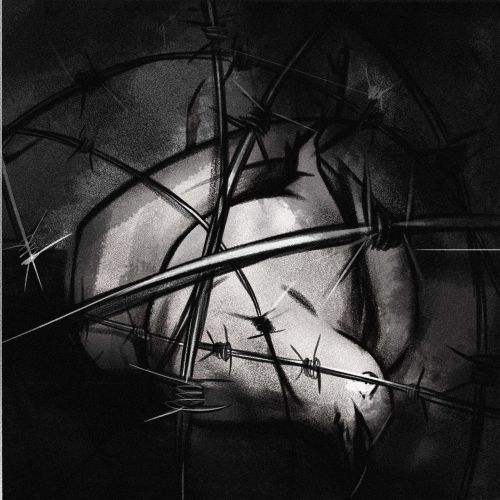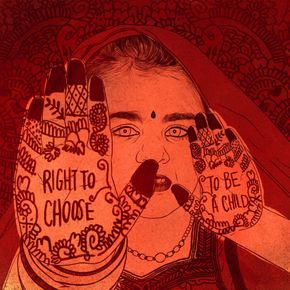Israel and Palestine: the origins of conflict
In 1956, Moshe Dayan, Chief of the Israel Defence Forces General Staff, said: “A generation of settlement are we, and without the steel helmet and the maw of the cannon, we shall not plant a tree, nor build a house. Our children shall not have lives to live if we do not dig shelters, and without the barbed wire fence and the machine gun, we shall not pave a path nor drill for water.” This speech is considered one of the most important testimonies of Zionism and proof of the need to defend Israel’s existence by force.
The roots of the Israeli-Palestinian conflict date back to World War I. Both sides were then competing for self-determination and sovereignty in the territory between the Jordan River and the Mediterranean Sea, previously ruled for centuries by the Ottoman Empire, and the great powers were trying to shape the map of the Middle East. In 1917, the British Foreign Secretary, Lord Arthur Balfour, in a letter to Baron Walter Rothschild, head of the British part of the Jewish family of European bankers, expressed the British government’s support for “the establishment of the headquarters of the Jewish nation in Palestine.” For Israelis, the letter is a formal expression of the right of the Israeli state to exist. For Palestinians, this is one of the first signs of their dispossession.
The declaration emphasised that “nothing can be done that could violate the civil and religious rights of non-Jewish communities living in Palestine”, which was a gesture towards the overwhelming majority of the Arab population in the region (approx. 80% in 1914). Over time, e.g. due to World War II, numerous migrations of Jewish people arrived in the disputed territories, and in May 1948, Israel declared independence. A coalition of Arab states and Palestinian factions then attacked Israeli forces during the first of several wars. As a result, Israel took control of even more of the territory. Approx. 700,000 Palestinians fled or were driven from their lands. Palestinians call this time “Nakba”, meaning “catastrophe”. We talk about the current situation in the Middle East with dr. Agnieszka Bryc from the Nicolaus Copernicus University in Toruń.

























